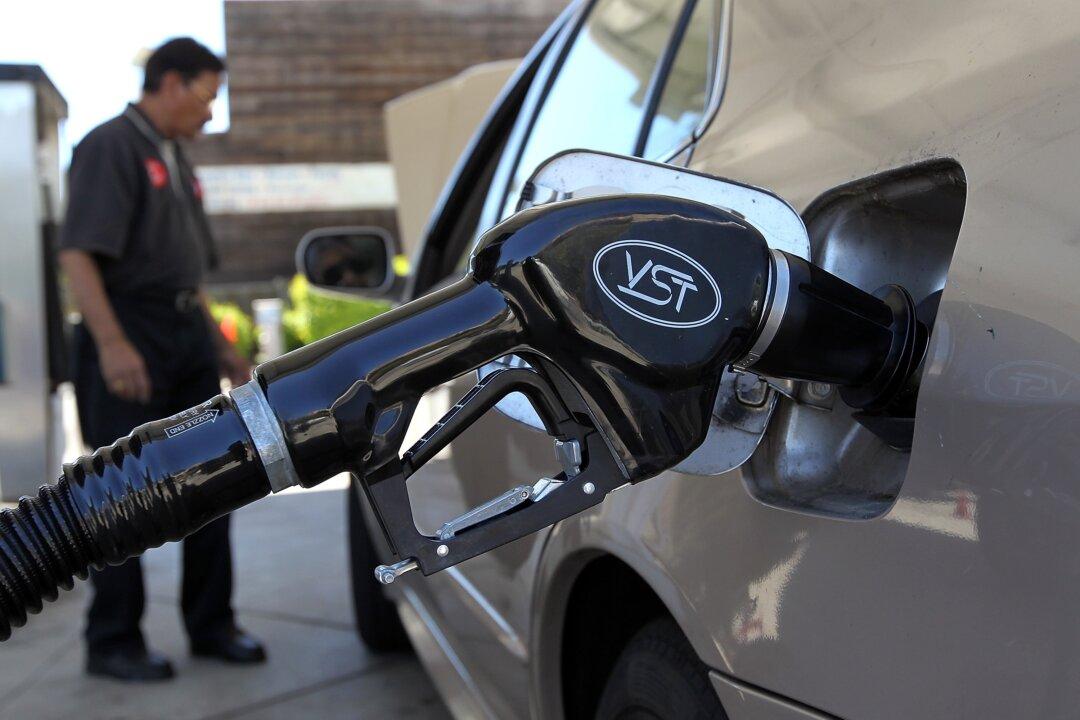Millions of Californians are potentially eligible to apply for a payout in a $50 million settlement with oil companies, the state’s Attorney General Rob Bonta announced Oct. 2.
“Market manipulation and price gouging are illegal and unacceptable, particularly during times of crisis when people are most vulnerable,” Bonta said in an Oct. 2 press release. “I am proud to deliver money back to Californians who were victims of gas price manipulation.”





